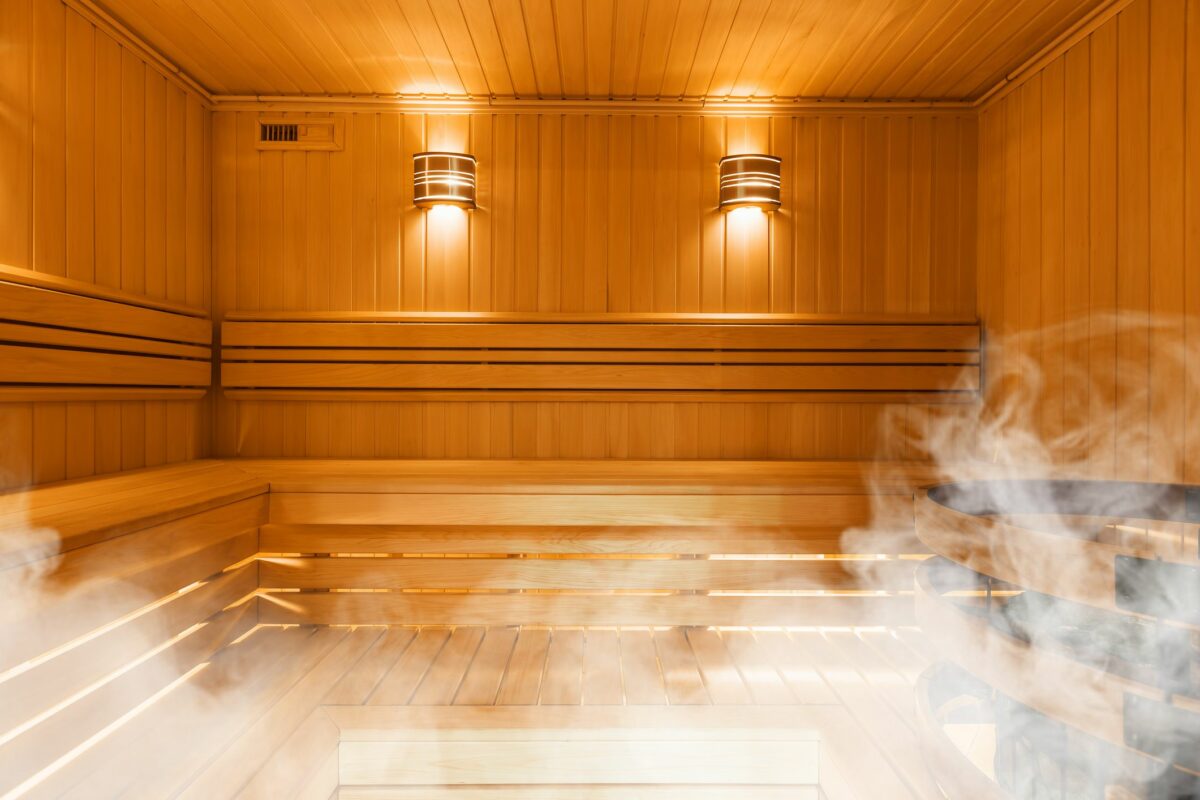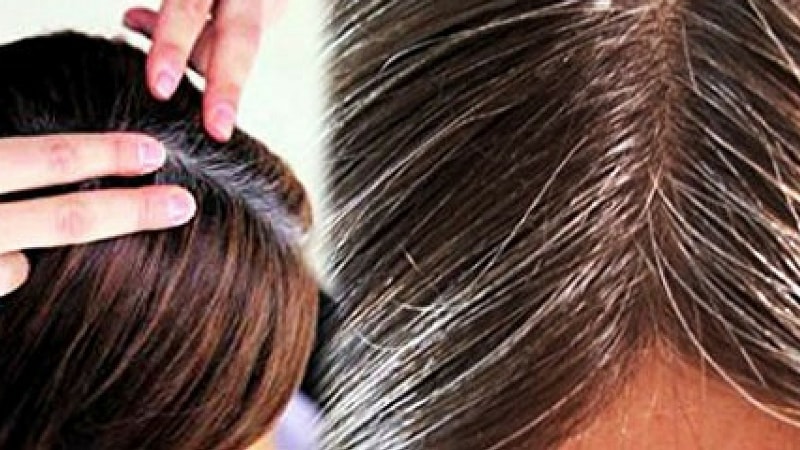Winter is here and with it comes the harsh, cold weather that can wreak havoc on our skin. Low humidity levels, chilly winds, and indoor heating all contribute to dryness and irritation, leaving us with a dull, lackluster complexion. But fear not! With a few simple steps and some home remedies, you can keep your skin moisturized and glowing all winter long.
In this article, we will explore some top tips for winter skincare, including how to choose the right moisturizer for your skin type and how to protect your delicate facial skin from harsh elements.
Why Winter Skin Care is Important
Winter brings chilly winds and dry air, which can cause havoc on your skin. During this time, it is crucial to take extra care of your skin by moisturizing it regularly. The cold weather can strip the natural oils from your skin, leading to itching, flakiness, and cracking. It can also worsen existing skin conditions such as eczema or psoriasis.
To combat these issues, you should hydrate your skin both internally and externally. Drinking enough water helps keep your body hydrated from the inside out. Applying a rich moisturizer immediately after a shower or bath locks in moisture and prevents dryness throughout the day. You should also avoid long hot showers or baths as they strip away natural oils that keep your skin healthy.
Another essential aspect of winter skincare is protecting yourself from harmful UV rays. Although it may be tempting to skip sunscreen during winter because the sun isn’t shining much, UV rays still penetrate through clouds and windows even when there’s no visible sunshine outside. So make sure you use SPF 30+ sunscreen or apply makeup with SPF protection before stepping out into the daylight hours to keep yourself safe from damage caused by UVA/UVB rays.
Moisturizing Tips:
- Invest in a good moisturizer: With the drop in temperatures, our skin tends to lose moisture and become dry and flaky. It is essential to invest in a good quality moisturizer that can effectively hydrate your skin. Opt for a moisturizer that contains natural ingredients like jojoba oil, shea butter, or coconut oil as they help soothe and nourish your skin.
- Moisturize immediately after showering: One of the best times to apply moisturizer is right after taking a shower or bath when your skin is still damp. This helps lock in the moisture and keeps your skin hydrated for longer periods. Pat yourself dry with a towel and apply the moisturizer generously all over your body.
- Drink plenty of water: Drinking enough water is crucial to keep your body hydrated from within, which reflects on your skin’s health as well. Make sure you consume at least eight glasses of water daily to maintain healthy-looking skin throughout winter.
- Use a humidifier: During winters, indoor heating systems can cause the air inside our homes to become very dry, which further leads to moisture loss from our skin. Using a humidifier can add moisture back into the air and help prevent dryness of both skin and lips.
- Exfoliate regularly but gently: Exfoliating helps remove dead cells from our skin’s surface, making it easier for moisturizers to penetrate deeper into our dermis layer effectively.
Use Natural Oils and Creams
One of the best ways to moisturize your skin during the winter months is by using natural oils and creams. These products are rich in nutrients, vitamins, and minerals that deeply nourish your skin. Some of the best natural oils for moisturizing include coconut oil, jojoba oil, and argan oil. They all absorb quickly into the skin without leaving a greasy residue.
Another great option for moisturizing your skin during winter is using natural creams like shea butter or cocoa butter. These butter are incredibly hydrating and help to lock in moisture for longer periods, preventing dryness and flakiness. Be sure to look for unscented options as fragrances can sometimes irritate sensitive skin. Overall, incorporating natural oils and creams into your daily skincare routine can help you combat dryness and keep your skin healthy throughout the winter season.
Also Read: WELLHEALTHORGANIC.COM:5-HERBAL-TEAS-YOU-CAN-CONSUME-TO-GET-RELIEF-FROM-BLOATING-AND-GAS
Hydrating Foods:
Hydrating foods are important for maintaining healthy and moisturized skin during the winter months. Winter weather can leave your skin feeling dry and irritated, but consuming foods that contain high water content can help combat this issue. Fruits such as watermelon, strawberries, grapefruit, and oranges are all great options to incorporate into your diet.
Additionally, vegetables such as cucumbers, celery, and lettuce are also excellent hydrating foods to include in your meals. These vegetables not only provide hydration to the body but also contain essential vitamins and minerals that contribute to overall skin health.
Incorporating these hydrating foods into your diet is a simple yet effective way to keep your skin hydrated during the winter months. Along with staying hydrated by drinking plenty of water throughout the day, eating a healthy diet filled with these types of fruits and vegetables can significantly improve the look and feel of your skin.
Incorporate Fruits and Vegetables
One great way to keep your skin moisturized during the winter months is by incorporating fruits and vegetables into your diet. Fruits like oranges, grapefruits, and strawberries are high in vitamin C which helps to boost collagen production in the skin, keeping it looking plump and hydrated. Vegetables like sweet potatoes and carrots contain beta-carotene which can help protect the skin from damage caused by UV rays.
Another benefit of adding more fruits and vegetables to your diet is that they are rich in antioxidants which can help combat free radical damage in the skin. Free radicals are unstable molecules that can damage cells, leading to premature aging and other skin issues. By consuming a variety of colorful fruits and vegetables, you can provide your body with a range of antioxidants that will help keep your skin healthy and glowing throughout the winter months. So if you’re looking to keep your skin moisturized this winter, be sure to load up on those fruits and veggies!
Lifestyle Changes:
Lifestyle changes are integral when it comes to maintaining healthy skin during winter. One of the most important changes is drinking plenty of water. It helps in keeping your body and skin hydrated, preventing dryness and flakiness. Adding a few drops of lemon juice or apple cider vinegar to warm water can also help flush out toxins from your body and improve digestion, thereby reflecting positively on your skin.
Another crucial change is modifying your diet to include more oily fish such as salmon, nuts like walnuts and almonds, and seeds like flaxseeds and chia seeds, which are rich sources of omega-3 fatty acids essential for skin health. Furthermore, consuming fruits rich in antioxidants such as berries helps fight free radicals that damage the skin’s collagen and elastin fibers leading to early aging signs like wrinkles.
Lastly, exercising regularly not only improves overall health but also enhances blood circulation promoting better nourishment for your skin cells. Sweating during exercise opens up pores helping cleanse them by removing dirt buildup that clogs them causing acne or other blemishes. All these lifestyle changes combined with adequate restful sleep help maintain beautiful radiant winter-proofed skin throughout the season!
Also Read: WELLHEALTHORGANIC.COM:SOME-AMAZING-HEALTH-BENEFITS-OF-DRINKING-WATER-FROM-AN-EARTHEN-POT
Avoid Hot Showers, Stay Hydrated
Hot showers are a common indulgence during the winter months, but they can wreak havoc on your skin. The heat can strip your skin of its natural oils, leaving it dry and flaky. Instead of hot showers, opt for lukewarm water to avoid further drying out your skin. Additionally, limit your shower time to 10-15 minutes.
Staying hydrated is crucial for healthy skin all year round, but especially during the colder months when the air tends to be drier. Drinking plenty of water throughout the day helps keep your skin moisturized from the inside out. Aim for at least eight glasses of water per day and consider incorporating hydrating foods into your diet such as cucumbers and watermelon.
In addition to drinking water, using a humidifier in your home can also help combat dry winter air and keep your skin hydrated. Place a humidifier in rooms where you spend the most time such as bedrooms or living rooms to add moisture back into the air. By avoiding hot showers and staying hydrated through both drinking water and using a humidifier, you can help maintain healthy, moisturized skin during the colder months.
DIY Home Remedies:
DIY Home Remedies for Winter Skin Care
Winter brings with it harsh weather conditions that can leave your skin feeling dry and flaky. However, there are many home remedies you can use to keep your skin moisturized and healthy during this season. For instance, applying a mixture of honey and lemon juice on your face every night before going to bed will help keep your skin hydrated. Additionally, using an avocado mask or massaging coconut oil onto your skin can also help retain moisture.
DIY Home Remedies for Common Colds and Flu:
The common cold and flu are prevalent during the winter months, but they don’t always require a trip to the doctor’s office if you know some DIY home remedies. One such remedy is taking a warm bath with Epsom salt as it helps reduce body aches and congestion caused by these illnesses. Drinking hot water with honey, ginger, and lemon is also effective in relieving sore throat symptoms.
DIY Home Remedies for Headache Relief:
Headaches are quite common during winters due to changes in temperature or lack of vitamin D from sunlight exposure. However, you don’t have to opt for painkillers every time you experience one as there are many natural remedies available as well. Soaking a cloth in hot water mixed with peppermint essential oil can help relieve tension headaches while inhaling eucalyptus oil steam can alleviate sinus headaches effectively without any side effects!
Aloe Vera, Honey, Avocado Mask
Aloe Vera, Honey, and Avocado Mask is an incredible home remedy to keep your skin moisturized during winter. Aloe vera has anti-inflammatory properties that help soothe dry and irritated skin, while honey is a natural humectant that helps attract and retain moisture in the skin. Avocado contains healthy fats that nourish and hydrate the skin.
To make this mask, mash half an avocado until it becomes smooth, then add one tablespoon of honey and one tablespoon of aloe vera gel. Mix well until you get a creamy texture. Apply this mixture to your face and leave it on for 15-20 minutes before rinsing off with lukewarm water. You can use this mask once or twice a week to keep your skin hydrated throughout the winter months.
In conclusion, incorporating natural remedies such as the Aloe Vera, Honey, and Avocado Mask into your skincare routine can be effective in keeping your skin moisturized during winter. The best part about these ingredients is that they are easily accessible at home or grocery stores making them cost-effective alternatives to store-bought beauty products which often contain harsh chemicals. Consistency is key when using any skin care regimen; hence using these remedies consistently will give you long-lasting results leaving you with radiant glowing skin even in harsh weather conditions.
Protecting Your Skin:
Protecting your skin is crucial, especially during the winter season when the cold and dry weather can cause damage to your skin. One way to protect your skin is by moisturizing regularly. Applying a good quality moisturizer every day can help keep your skin hydrated and prevent it from becoming dry, itchy, and flaky.
Another way to protect your skin during winter is by avoiding hot showers or baths as they can strip away the natural oils from your skin, making it more prone to dryness. Instead, opt for lukewarm water and avoid excessive rubbing with a towel after bathing. Also, try using gentle cleansers that contain no harsh chemicals or fragrances that may irritate sensitive skin.
Lastly, don’t forget to wear sunscreen even in the winter months. The sun’s UV rays can still cause damage to your skin even on cloudy days and snow reflects sunlight which amplifies its intensity. Therefore it’s essential to use a broad-spectrum sunscreen with at least 30 SPF that protects against both UVA and UVB rays whenever you head outside for an extended period. By following these tips, you’ll be taking the necessary steps toward protecting your precious skin during the harsh winter months!
Wear Protective Clothing, Use Sunscreen
One of the best ways to protect your skin from the harsh winter weather is by wearing protective clothing. This can include hats, scarves, gloves, and warm coats that cover your skin. It’s important to choose clothing made from materials that won’t irritate or scratch your skin, such as cotton or wool blends.
Another essential item for protecting your skin during any season is sunscreen. Just because it’s not summer doesn’t mean you’re safe from harmful UV rays. Winter sun can still cause damage to unprotected skin, especially when it reflects off snow and ice. Be sure to apply a broad-spectrum sunscreen with an SPF of at least 30 before going outside for extended periods.
In addition to physical protection and sunscreen, make sure you’re hydrating properly by drinking plenty of water throughout the day. This can help keep your skin moisturized from the inside out and prevent dryness and flakiness caused by cold temperatures and low humidity levels. By taking these simple precautions, you can enjoy healthy, glowing skin all winter long!
Also Read: WELLHEALTHORGANIC.COM:RED-CHILLI-YOU-SHOULD-KNOW-ABOUT-RED-CHILLI-USES-BENEFITS-SIDE-EFFECTS
Conclusion:
In conclusion, taking care of your skin during the winter months is crucial to avoid dryness, cracking, and irritation. Using home remedies such as honey, coconut oil, oatmeal masks, and aloe vera can help keep your skin moisturized and healthy. It’s important to also adjust your skincare routine by using thicker moisturizers and avoiding hot showers which can strip your skin of its natural oils.
Furthermore, staying hydrated by drinking plenty of water can also help keep your skin looking radiant. Lastly, protecting your skin from the harsh cold weather by wearing gloves, scarves or hats can prevent further damage. By following these tips and incorporating them into your daily routine, you’ll be able to maintain healthy-looking skin throughout the winter season. So don’t let the cold weather get in the way of achieving beautiful and nourished skin!






















